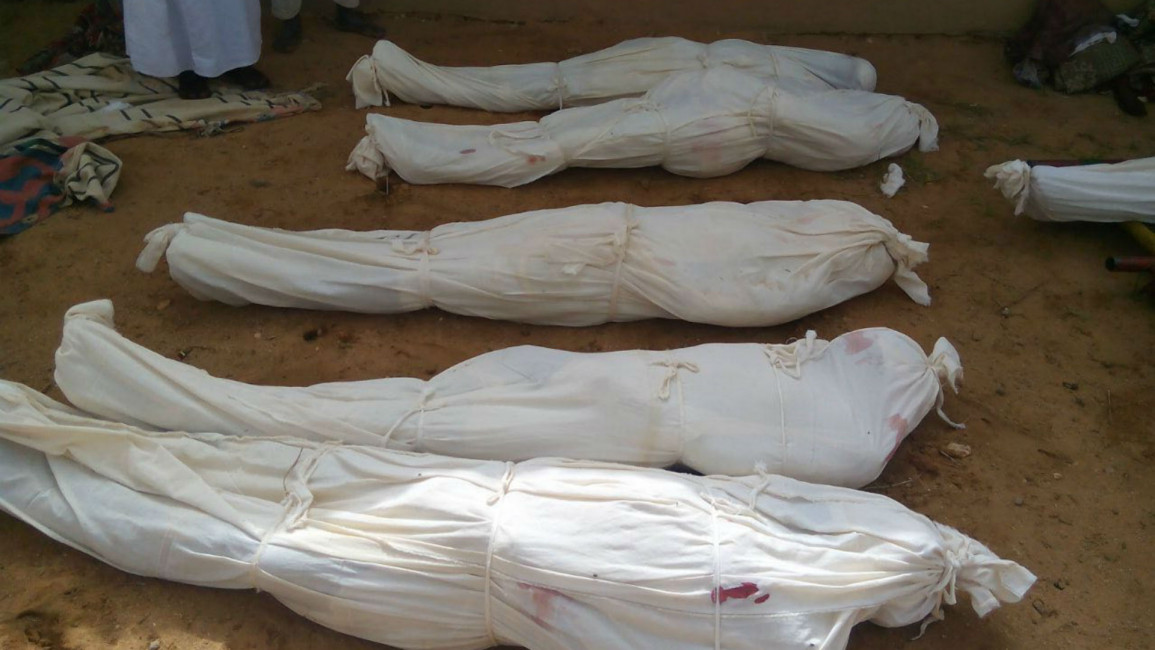European Parliament calls for investigation into Darfur chemical weapons
European Parliament resolution 2911 also raises "deep concerns" about the "ongoing unlawful killings, abductions, and gender-based and sexual violence" in areas of conflict, particularly in the provinces of Darfur, Southern Kordofan and Blue Nile.
The resolution "recalls that Sudan is a party to the Chemical Weapons Convention and calls for an international investigation into these allegations led by the Organisation for the Prohibition of Chemical Weapons".
Amnesty International published evidence on 29 September that Sudan had used chemical weapons to "kill and maim" hundreds of civilians, including children.
The investigation found that there had been 30 likely chemical attacks in the Jebel Marra area of Darfur since January 2016.
According to two independent chemical weapons experts, it was likely the weapons used blister agents, such as mustard gas.
"The scale and brutality of these attacks is hard to put into words. The images and videos we have seen in the course of our research are truly shocking," said Tirana Hassan, Amnesty International’s Director of Crisis Research.
"The government of Sudan believes that it is above and beyond the law and it is now time that we see the type of international pressure that is required to hold this government to account."
Sudan's military rejected the allegations at the time of publication.
"Amnesty's report is incorrect because the situation on the ground does not need intensive bombing as there is no real presence of rebels anymore," army spokesman Brigadier Ahmed Khalifa a-Shami told AFP.
The UN estimates that more than 300,000 civilians have died in the 13 year long conflict in the region.


